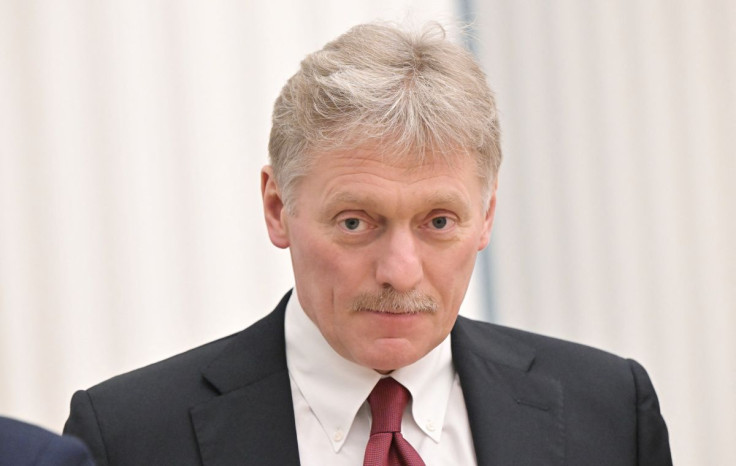
In an unfolding geopolitical narrative, President Donald Trump issued a stern ultimatum, warning that the United States would impose new sanctions and tariffs on Russia if progress in the Ukrainian conflict was not made within ten days. The deadline adjustment was communicated on Tuesday, reflecting Trump's impatience with the lack of advancement in peace negotiations. According to DW (Deutsche Welle), the ultimatum called for tangible results in the ongoing conflict, which has persisted for over three and a half years, or face economic repercussions from the United States.
In response, Dmitry Peskov, Kremlin spokesman, asserted Russia's resilience in the face of Western sanctions, a sentiment echoed across multiple statements. "We have been under a lot of sanctions for quite a long time, and the economy is running smoothly. Of course, we have already developed a certain immunity regarding these measures," Peskov said, as reported by Reuters. This statement underscored Russia's stance that it had adapted to and withstood the pressures exerted by international sanctions.
Despite Trump's escalated measures, the Kremlin appeared to remain unfazed. Peskov conveyed a level of indifference to the threats while noting that they continued to record all the statements made by President Trump, according to DW. The Russian leadership insisted that the ongoing sanctions had not destabilized its economy, emphasizing a strategic endurance developed over years of economic restrictions.
Adding to the dialogue, Maria Zakharova, a spokesperson from the Russian Foreign Ministry, described the routine nature of these threats. She stated that they saw the West as unable to put aside the issue of sanctions, suggesting that Western strategies might ultimately be redundant and self-harming, as captured by Capital.
Reflecting Trump's discontent, the American president voiced his dissatisfaction with Russian President Vladimir Putin due to the continued aggression in Ukraine, which had resulted in military confrontations and casualties, as noted by both Ukrainian and Russian reports. This dissatisfaction led to Trump's decision to shorten a previously set 50-day deadline to just ten days for progress in ceasefire talks, illustrating a shift towards more immediate tactical pressure.
In the arena of international relations, the state of sanctions between Western nations and Russia continued to be a major point of contention. Dmitry Peskov further emphasized the ongoing adaptability of the Russian economy under these conditions, affirming that the Kremlin perceived Western attempts as leverage to be largely ineffective. In the meantime, of course, they have developed a certain immunity to the issue and continued to note all the statements that came from Trump and other international representatives, according to Capital.
© 2025 Latin Times. All rights reserved. Do not reproduce without permission.



